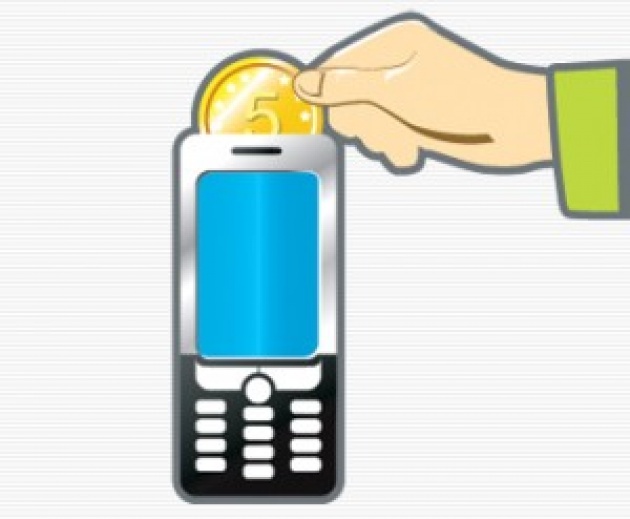In developing countries, especially in Afghanistan, people are used to carry cash more than credit cards. It is the old traditional way of keeping money with yourself, but nowadays, considering the rapid growth of technology and digital communication, it seems that accessing proper digital financial services is a need.
Internet would probably be the best option to consult your financial accounts in a fast and secure way anytime you want. But it is not always as easy in countries that suffer from low Internet connection and no stable electricity.
The mobile system is the main medium for Afghan people for daily and business usage. Most of Afghan's families have at least one person at home with a mobile connection. Based on the difficulties and challenges due to financial services, Mobile Money Payment started its operation in Afghanistan a few years ago.

M-Paisa is the first mobile money transfer product. It was introduced by Roshan in 2008 in a partnership with Vodafone. Afghanistan was the first country after Kenya to launch this innovative service. Using such financial services can help people communicate faster and eliminate some limitations for people who live in rural places and do not have proper access to financial agencies.
Priya Jaisinghani, a leading expert on mobile banking and the director of USAid's Mobile Solutions Team, mentioned in her interview with Film Annex that " USAID is promoting mobile money in Afghanistan because it offers an enormous opportunity to propel the country forward. Mobile money can be the way for Afghans to access affordable, and convenient financial services so they can send money to friends and family in need, borrow money when life offers new opportunities to them, and save money to build a better future for themselves."
Technology can connect different sectors together and help them work simultaneously. Creating a relation between mobile money payment and education in Afghanistan is exactly what Film Annex has done in Afghanistan with the Afghan Development Project by building Internet classrooms in Afghanistan to support girls at school and encourage them to be more financially independent.
40 Internet classrooms will cover 160,000 students by providing a social media curriculum and an Online Educational Software "Examer" by using mobile money payment. Those who get the best scores and write more blogs can be paid through our mobile money system. Thus girls can be financially independent and even help their families and this is how empowering women, by launching the Afghan Development Project, works in Afghanistan and later on in Central and South Asia.



